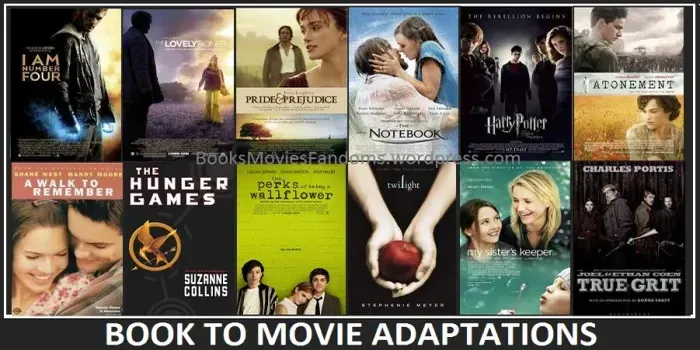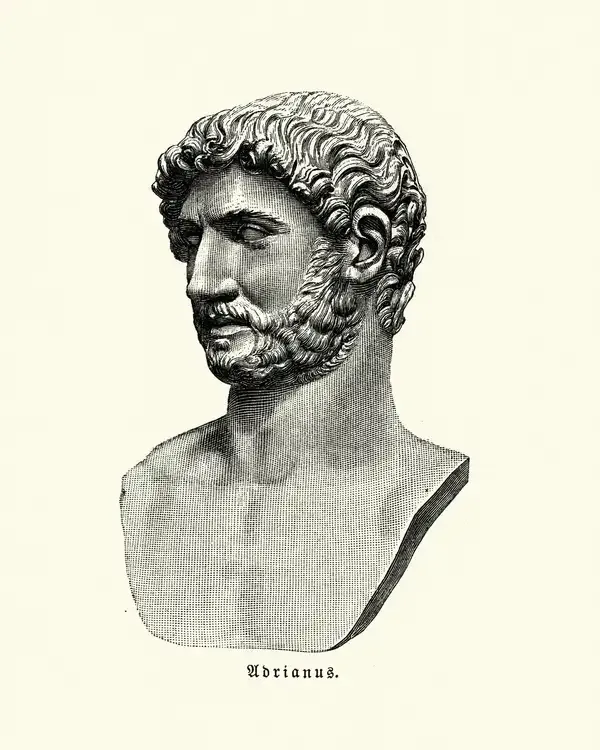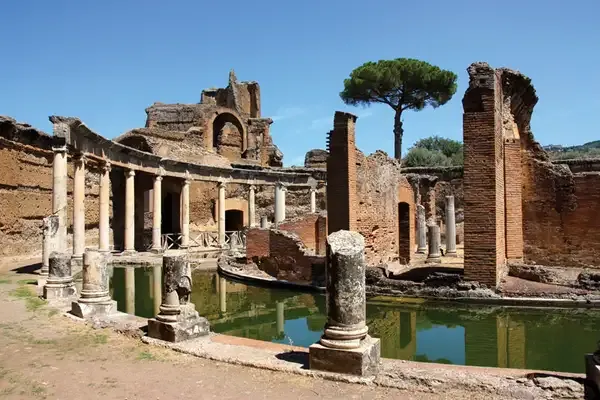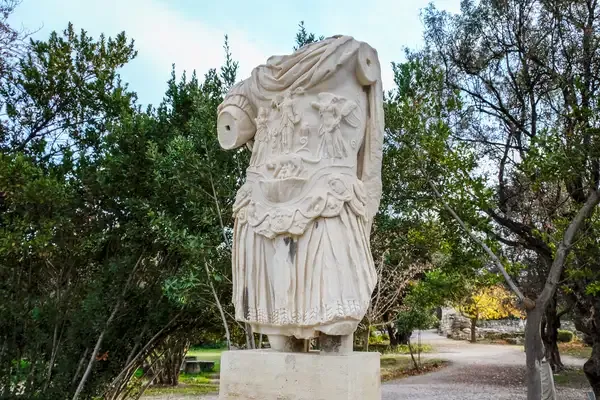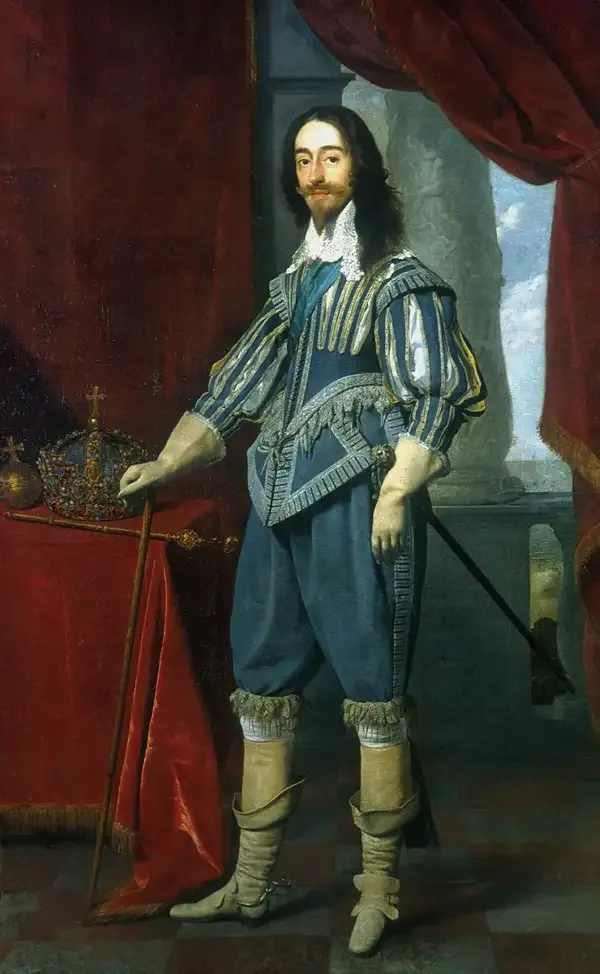Leaders of World War I
World War I saw a range of influential leaders who played pivotal roles. Kaiser Wilhelm II of Germany pushed for aggressive expansionism. Woodrow Wilson, President of the United States, advocated for peace through his Fourteen Points. France's Georges Clemenceau was a key figure in the Treaty of Versailles negotiations. Britain's Prime Minister David Lloyd George sought to balance power in Europe. Austro-Hungarian Emperor Franz Joseph I faced internal challenges. These leaders significantly impacted the war's progression and post-war landscape.
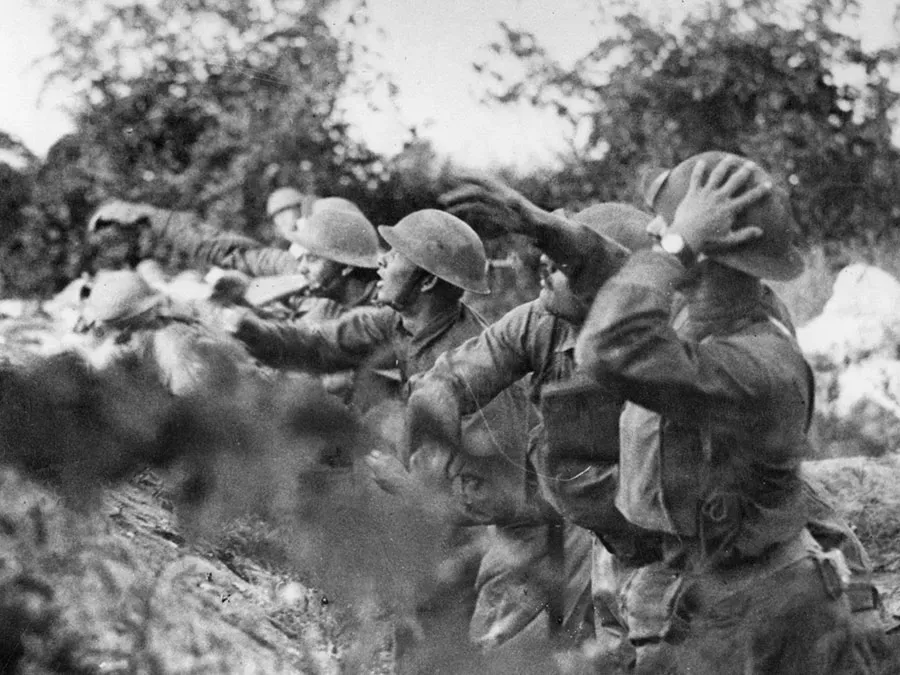
Key Leaders of World War I
World War I, often referred to as the Great War, was a significant turning point in global history. The conflict not only involved numerous nations but also showcased strong leadership from various countries. Understanding the figures who shaped the course of the war helps us appreciate the complexities of the conflict. Here, we explore the key leaders of World War I, highlighting their roles and contributions.
Major Allied Leaders
The Allied Powers, consisting of nations such as France, the United Kingdom, Russia, Italy, and the United States, were pivotal in the outcome of World War I. Here are some of the key leaders who played crucial roles in the war effort:
| Name | Country | Role | Notable Contributions |
|---|---|---|---|
| Woodrow Wilson | United States | President | Proposed the Fourteen Points and advocated for the League of Nations. |
| David Lloyd George | United Kingdom | Prime Minister | Led the nation through the war, focused on winning support and resources. |
| Georges Clemenceau | France | Prime Minister | Played a significant role in negotiating the Treaty of Versailles. |
| Vittorio Orlando | Italy | Prime Minister | Represented Italy at the Paris Peace Conference. |
Major Central Powers Leaders
The Central Powers, mainly consisting of Germany, Austria-Hungary, the Ottoman Empire, and Bulgaria, were also led by influential figures. Their decisions and strategies had a profound impact on the war. Below are some of the notable leaders from the Central Powers:
| Name | Country | Role | Notable Contributions |
|---|---|---|---|
| Kaiser Wilhelm II | Germany | Emperor | His militaristic policies and alliances contributed to the war's outbreak. |
| Franz Joseph I | Austria-Hungary | Emperor | His decisions directly led to the declaration of war against Serbia. |
| Enver Pasha | Ottoman Empire | Minister of War | Instrumental in aligning the Ottoman Empire with the Central Powers. |
| Ferdinand Foch | France | General | Played a key role as the Supreme Commander of the Allied Forces. |
Influential Military Leaders
In addition to political leaders, military commanders also significantly influenced the war's direction. Their strategies and battlefield tactics often determined the success or failure of military operations. Here are some notable military leaders from both sides:
| Name | Country | Role | Notable Contributions |
|---|---|---|---|
| General John J. Pershing | United States | Commander of the American Expeditionary Forces | Led American troops to victory at the Battle of Argonne Forest. |
| General Erich Ludendorff | Germany | Military Commander | Developed strategies that led to early German successes in the war. |
| Field Marshal Douglas Haig | United Kingdom | Commander of British Forces | Oversaw major battles such as the Somme and Passchendaele. |
| General Philippe Pétain | France | Commander | Renowned for his leadership at the Battle of Verdun. |
Impact of Leadership on World War I
The leaders of World War I had a profound impact on the course and outcome of the conflict. Their decisions influenced military strategies, diplomatic relations, and the eventual treaties that reshaped the world. Understanding these leaders and their contributions provides insight into the complexities of global politics during this tumultuous period.
In conclusion, the leadership during World War I was marked by both strategic brilliance and significant miscalculations. The decisions made by these leaders affected millions and left a legacy that continues to influence international relations today. By examining their roles, we gain a deeper understanding of how leadership can shape historical events.
For those interested in further exploring the interconnectedness of leadership and historical events, tools like referrerAdCreative can provide valuable insights and data analytics, enabling a more nuanced understanding of the impact of leadership on various global conflicts.

